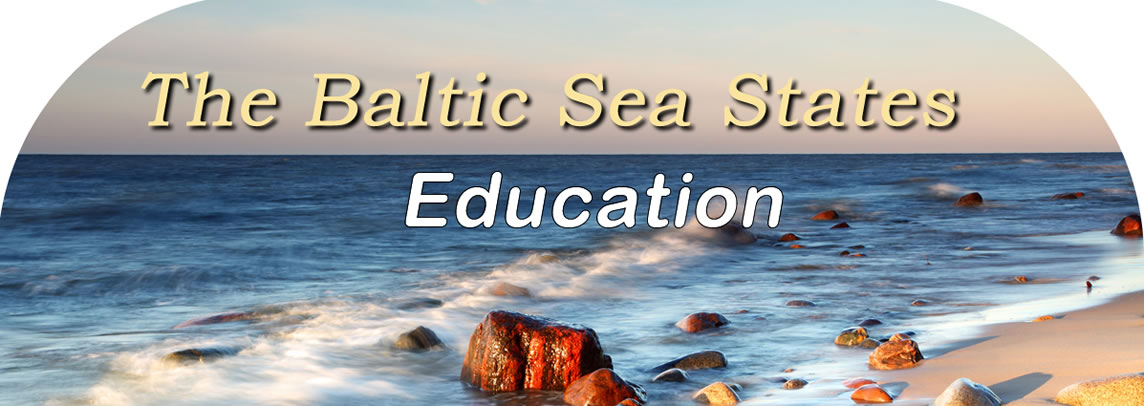
Educational policies in Latvia Although the Baltic country has been populated by indigenous Latvians reportedly since 3000 B.C., the Republic of Latvia was officially established in 1918. Just as the tiny republic began to grow, the ugly realities of the Second World War struck them full force. After being occupied alternately by Germany and Soviet Russia, Latvia ended up annexed to the Soviet Union until the late 1980s. Latvia was a leading voice in the movement for the emancipation of Baltic countries from Soviet control. After regaining its independence in 1991, education reform was one of the first challenges that the new legislators chose to address. Education Law of 1991 and 1998 The general educational system
of Latvia consists of foundational courses in primary, secondary,
vocational, and special education. Primary schooling is mandatory
and lasts nine years, and secondary school instruction spans three
years. Vocational training is available as part of the secondary
school education. Special education is also offered during the
general education period for children with special physical and
mental challenges. The general education system is free; it is
funded and administered through the municipal and national tax
system. Keeping Track of Grades Latvia has a rather cumbersome ten point grading system that includes a high rating of 10 “distinction” and a low one described as 1 “very, very weak.” The minimal passing grade is a 4 “almost satisfactory.” For students to enter Latvia's universities, they need at least a 5 “satisfactory.” Latvian educators grade students according to the quality and quantity of knowledge gained through study, number of learned skills, progressive academic improvement, and student attitude toward academic achievement. Recent Changes In Latvian Educational Policy and Statistics One of the latest modifications to the Latvian educational system includes a pre-school program for school children ages five to seven years. The relatively new nation has the advantage of learning from the successes and failures of other developed nations' educational systems. Many of these nations recognize that early childhood education is an important component of later academic and professional success. However, statistics show that there is a decrease in school enrollment. This could be a result of the movement of their ethnically diverse population as many people living in Latvia are actually Russian, Belarusians, Ukranian, and Polish. Heavy immigration of people from Latvia to neighboring countries for jobs or other reasons may directly influence fluctuations in school enrollment. Conclusion Prior to the Second World War, Latvia had shown amazing economic progress as a young European nation, and many assumed that an educated population had much to do with their early success. After regaining their independence, Latvian leaders realized the importance of establishing laws for education needed to promote their country's future success. It appears that they have continued to make smart, incremental improvements over the years so that their educational system resembles those of other mature, developed nations even as the country finds itself currently scaling back the number of schools available. t © Baltic21.org 2013, All Rights Reserved |
